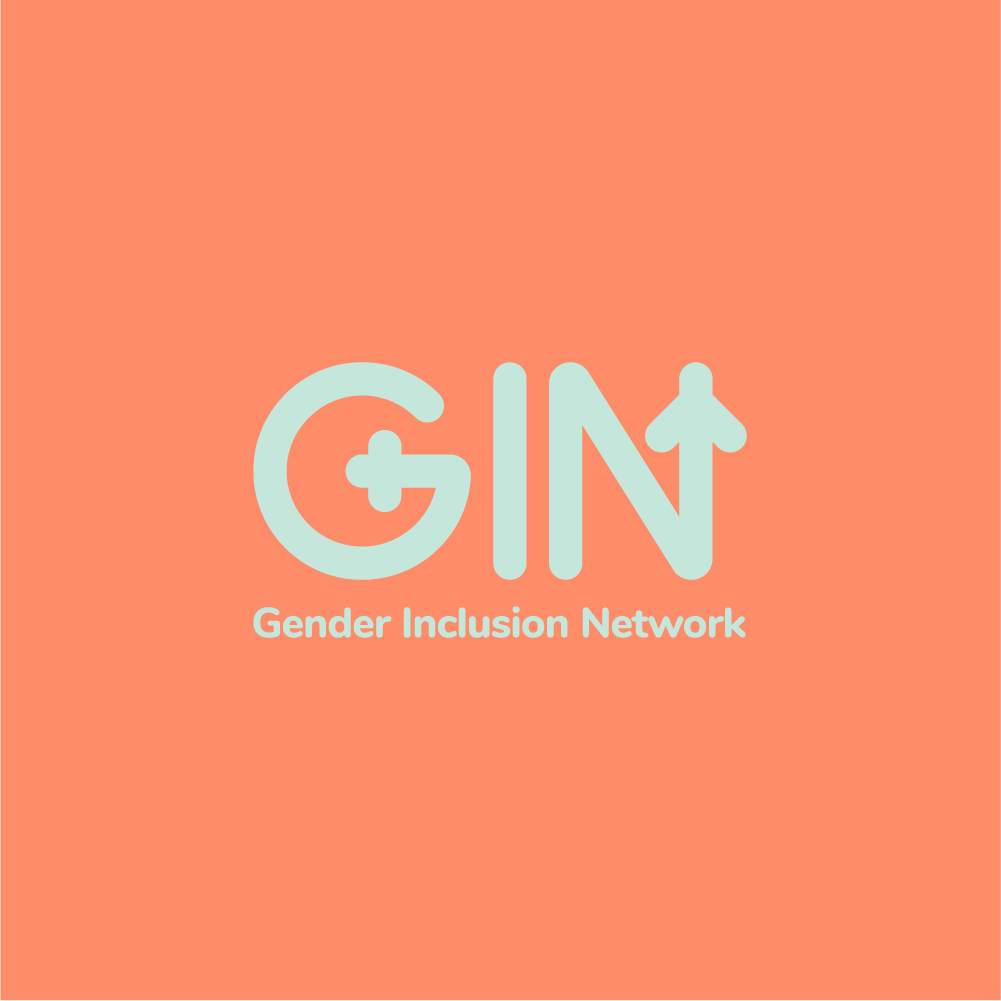Black Lives Matter - a resource guide
The tragic death of George Floyd shook the world, and started a long overdue conversation - why is systemic racism still so apparent across the world, and what can we do to change it?
The events that have unfolded since Floyd’s death have been an incredible demonstration of people coming together to demand change - it’s just a shame that in 2020 we still need to demand it. We’ve seen anti-racism protests and demonstrations, social media campaigns gone viral for #blackouttuesday and everyone from NHS nurses to premiership footballers bending the knee to show their solidarity for black friends and colleagues.
For many though it’s been a tough conversation. For black people it’s thrown up many feelings and strong emotions. Why are white colleagues turning to me for all the answers? How do I articulate so many experiences that I’ve had over the years? For white people, it’s an uncomfortable topic. How can we comment on things we have never experienced? What if we say the wrong thing? How do I show my support when I don’t know where to start.
Over the last few weeks we, as the GIN committee, have taken some time to reflect and come up with this resource guide which we hope will help to break down some of the terminology, and empower everyone to be brave, ask questions and give thought to a conversation that very much still needs to happen.
Definitions of key terms being used widely. Do you really know what they mean?
Glossary of terms
Racism: prejudice, discrimination or antagonism directed against someone of a different race based on the belief that one’s own race is superior; or the belief that all members of a race possess characteristics, abilities or qualities specific to that race.
Systemic / institutional racism: a form of racism that is embedded within society or an organisation. It can lead to such issues as discrimination in criminal justice, employment, housing, health care, political power and education.
White privilege: A societal privilege that benefits white people over non-white people in some societies. Often unacknowledged, it usually means non-white people experience challenges that white people never have to worry about due to their “privilege”.
Micro aggressions: a comment or action that subtly and often unintentionally expresses a prejudiced attitude such as racism, sexism, ageism or ableism toward a member of a marginalised group, e.g. “You don’t sound black!“
Tone policing: a conversational tactic that dismisses the ideas being communicated when they are perceived to be delivered in an angry, frustrated, sad, fearful, or otherwise emotionally charged manner.
Tokenism: the practice of making a symbolic effort to do a particular thing, especially by recruiting a small number of people from under-represented groups in order to give the appearance of sexual or racial equality within a workforce.
Informed, advocate, ally: which one are you?
And more importantly, which do you want to become?
Informed: actively seeking understanding on racism and all it’s forms
Watches documentaries, reads books and articles
Listens to and validates others’ experiences
Seeks to understand the effects of systemic racism Understands and challenges inappropriate behaviour, workplace bullying
Listens to other’s experiences and understands different cultures
Recognises and challenges their own privilege
Advocate: attempts to change policies, culture and systems that limit BAME employees
Actively creates opportunities for diverse employees
Organises, leads and supports change
Reviews and updates regulations and systems that are outdated and disadvantage ethnic minorities Initiates discussions about diversity to enable challenge and change
Ally: supports others to becoming informed, works to make life for BAME employees better
Actively encourages and supports people from diverse groups to progress
Donates time (a valuable resource) to support real equality and cultural change
Actively learns from diverse colleagues
Coaches others through their awareness journey
Dos and don’ts: Common mistakes and what we can change to do better
Do:
Listen and validate others experiences. You might not be able to fully understand but try not to devalue another person’s pain
Challenge your colleagues. If you see something, say something. If it makes you uncomfortable, you’re probably not the only one.
Make the effort to get to know your BAME colleagues. Learn their names (including the correct pronunciation) and their personalities to stop you making assumptions
Educate yourself. There are loads of books, movies, articles and lived experiences you can read to understand the challenges of racism, both traditional and systemic (keep reading for some recommendations!). Think about your choice of language e.g. “people of colour” implies that only white people are “people”
Don’t :
Say “All Lives Matter” in response to “Black Lives Matter”. The topic of conversation is equality right now and the fight is for all lives to matter equally.
Say “I don’t see colour”. If you don’t see colour then you don’t see your colleagues / employees. Their race and culture is part of who they are.
Make assumptions / stereotype.
Expect your BAME employees to speak for their entire race. We are all individuals, we can only speak for ourselves.
Avoid the topic. Yes it’s uncomfortable, but imagine how uncomfortable it is for BAME employees to live it?
Want to learn more?
We’ve got you covered with recommendations on what to read, watch and listen to…
Books and further reading
Why I’m no longer talking to white people about race by Reni Eddo-Lodge
Brit(ish) by Afua Hirsch
Me and White Supremacy by Layla Saad
White Fragility: Why It's So Hard for White People to Talk About Racism by Robin Diangelo
Girl, woman, other by Bernardine Evaristo (Audiobook)
I am not your baby mother by Candice Brathwaite
Killing the black body: race, reproduction and the meaning of liberty by Dorothy E Roberts
The racism that killed George Floyd was built in Britain, by Afua Hirsch
Systemic racism and police brutality are British problems too, by Kojo Koram
We can’t breathe, by Gary Younge
Movies and TV shows
Becoming Michelle Obama (Netflix)
13th by Ava DuVernay (Netflix)
Dear White People (Netflix)
Noughts & Crosses (BBC iPlayer)
American Son (Netflix)
What happened, miss Simone? (Netflix)
Sitting in Limbo (BBC iPlayer)










